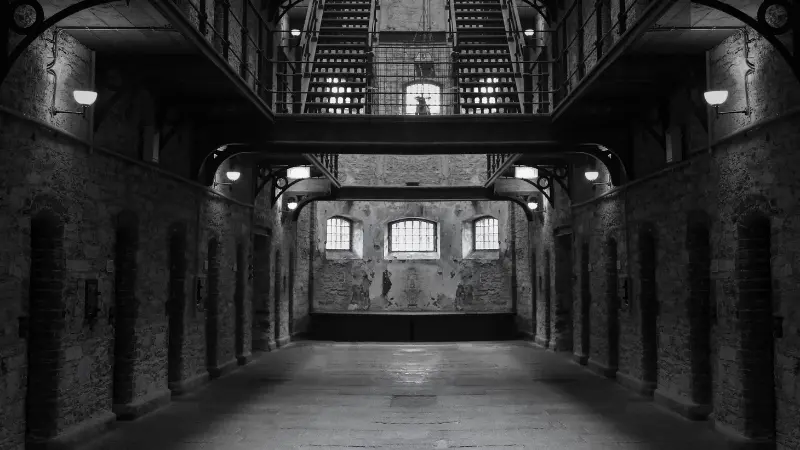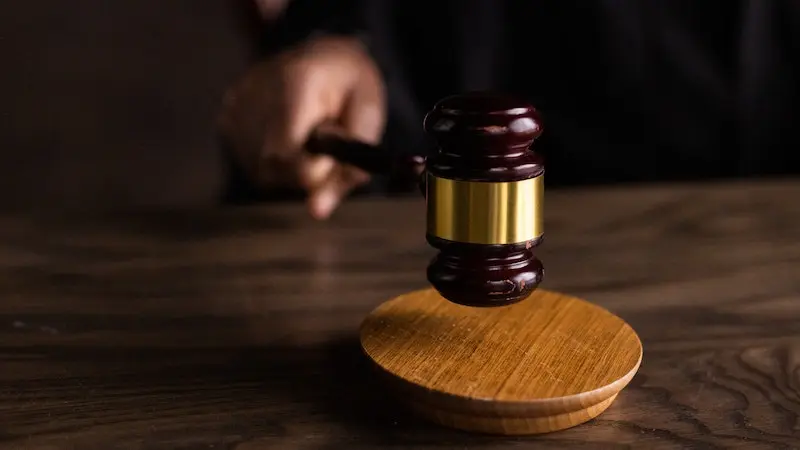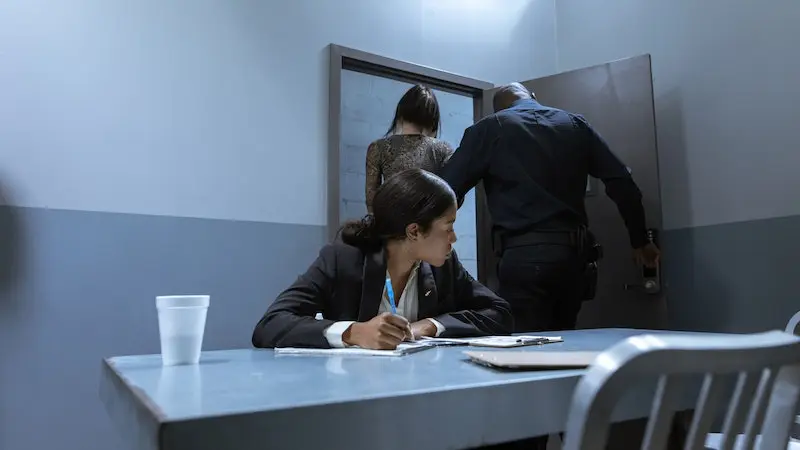Do juveniles get convicted of a felony or is there a felony sentence for juveniles? When you think of how highly the state places value on protecting and safeguarding children or minors, this thought may have crossed your mind. The state has many machinery and agencies in place to protect and shield children from harm, to protect them physically, mentally, and emotionally, going as far as separating the minor from their parents if they are not fit or endanger the minor.
Do Juveniles Get Convicted Of A Felony?

It is only right to think, what if that minor or underaged (under 18 years) individual is just too extreme, willfully breaking the laws, disregarding the rules, and testing the same system that seeks to protect them? Will Uncle Sam do the unthinkable? Punish him/her for going against the rules, especially if they break the rules in ways that are extremely past what they should be capable of; ways that are shocking and cruel. Will the state treat them like adults? Do juveniles get convicted of a felony? Read on to find out.
Minors are often treated differently for a minor misdemeanor offense, that is when it is not a violent felony crime. They are charged as juveniles rather than as adults, and their case is decided in juvenile court.
What Does It Mean To Be Charged As A Juvenile?
Minors and children between the ages of six and 17, under the age of 18, are considered juveniles, so their criminal cases will begin in juvenile court. As discussed earlier, this is another tool of the state to help protect the minor; how? You may ask. Well, that is because the aim of this court is rehabilitation and helping the minor child to avoid committing another crime in the future. A sort of straightening the minor up and setting them down the right path, they get a taste of the justice system and learn that their actions have consequences. But the system still considers their age and so is a bit lenient on them. Here are some of the ways the system works:
Violations of laws the juveniles commit are not referred to as crimes. But called delinquent acts.
In juvenile court, the proceeding is referred to as an adjudication hearing, not a trial, and these hearings are private, unlike those in an adult court.
If the delinquent act is non-violent, (s)he may be released before an adjudication hearing.
The form of punishment by the court on a guilty verdict is more likely to lean towards community service, supervision by a court-appointed individual or institution, paying a fine or restitution, and education, or just a stern word from the judge, but only if they have had a clean record and this is their first offense. Again, the focus of this system is to correct, rehabilitate and reorient the minor into behaving in an acceptable social manner, rather than being locked up.
Alternative Sentencing

Some states offer juvenile justice programs an alternative option for sentencing. They mostly incorporate counseling, job training, and other services that improve the mindset and values of the offender. In some cases, they are put on probation, which is the most common. The terms of probation may include curfews, educational programs, treatment programs, community service, and the list goes on.
They are required to meet with their appointed probation officer at regular intervals to confirm that they are indeed meeting the terms of their probation. If they fail to or their guardian discovers they have violated a term of probation, and reports it as required by law, the probation officer will then file a violation of probation notice with the court. The judge will review it and determine whether to revoke the probation. A violation of probation may lead to incarceration or some other form of punishment.
Also, if the minor takes to the right path and reforms, they can have their records wiped clean or expunged after. But before then, the records of the child are sealed to keep them protected. The public does not have easy access to view them.
Disposition Order Appeal
If you are wondering what a disposition order is, it is a final order from a judge. In this case, the sentence is on the juvenile.
A juvenile has a right to appeal that order, as you may see after an adult criminal sentence. They may also ask the judge who issued the order to modify it if their situation changes. Again, similar to other adult cases, the juvenile would need to show evidence that the change would serve their best interests.
When Does A Juvenile Get Charged As An Adult?

When that minor commits a more serious offense like a drug offense or trafficking, violent crimes or assault, being in possession or the use of arms and weaponry, murder, or other serious crimes, they can be tried and charged as an adult. Especially if they fall into any of these situations:
- If they have a prior adult charge: If a minor has had any previous criminal case transferred to the adult court, subsequent charges will also be heard in the adult court.
- If a juvenile is charged with a Class A felony, he will be charged and prosecuted as an adult. This class contains the most serious felonies, including murder, kidnapping, sexual assault, computer crime, burglary, recklessly inflicting or attempting to inflict bodily injury on another person, arson, etc.
- If a minor is 13 years old or older and has committed a felony, the judge can transfer the case to an adult criminal court. If he feels the case should be treated as more serious.
A judge can sentence a juvenile who they find has a habit of breaking the law by issuing a disposition order. They can and will sentence the juvenile to a period of incarceration; mostly short-term, but more lenient options are commonly used.
Is Juvenile Sentencing The Same As An Adult Conviction?
Even if a juvenile is confined or imprisoned, it is mostly not the same as an adult criminal that is sentenced to prison. The minors are mostly confined under the supervision of a state-selected guardian. This could be house arrest or placement with a different relative or in a foster home. If the judge decides it will not be effective enough, they could order a juvenile to spend a short period in a juvenile detention facility, which could be followed by a period of probation.
This is generally based on the level of offense by the juvenile, if (s)he commits a more serious crime, a judge may sentence them to a longer period of incarceration in a secure juvenile facility, which could be for a year or more. Again, this depends on the level of the offense and the discretion of the judge. In some cases, though rare, a juvenile may be sentenced to a regular prison. If they are near the age of maturity when they commit a serious crime, they may begin serving their sentence in juvenile detention and then get transferred to an adult jail to complete the term once they reach a more mature age.
Youthful Offenders Law

This comes with special procedures for handling cases of minors charged for committing certain crimes in an adult criminal court. This generally begins with the case being tried in juvenile court.
If the minor is charged with committing a felony at age 15 through 17, his or her case may or must be transferred to adult court where they determine whether the minor qualifies as a youthful offender, depending on the level of the offense.
With a youthful offender status, the law provides confidentiality for the juvenile. A private proceeding that allows for the Records related to the minor having a higher chance of being expunged after (s)he has completed or served any required term of supervision and has no later felony convictions.
The sentencing of a youthful offender may range from the incarceration of up to four years or the maximum term sentencing for the specific crime in charitable/community service or a correctional institution for those that are under or within the age bracket of 16, paying a fine of $1,000 or more, order them to undergo treatment for drug dependency.
By the nature of its private proceedings and erasure, once all requirements are met and terms served, a youthful offender status does not disqualify someone from later holding public office or forfeit your ability to receive a license granted by a public authority. Also, by law, someone who is a youthful offender is not a criminal, and being adjudged as a youthful offender is not a conviction.

Human right activist, writer, married and passionate about felons. Pearl loves to travel, cook and hates injustice of any kind. She gives and writes helpful info people can read for enlightenment.
